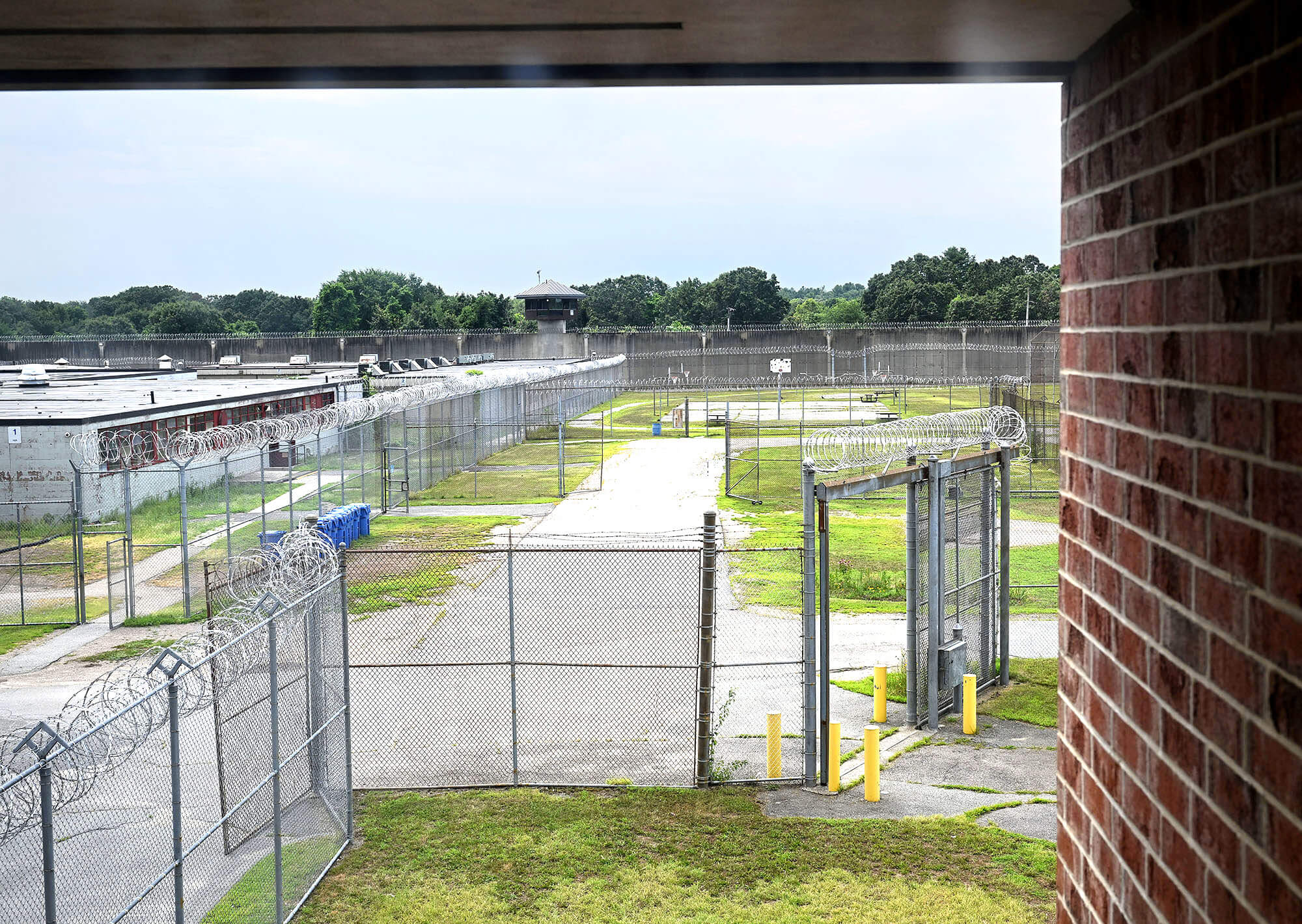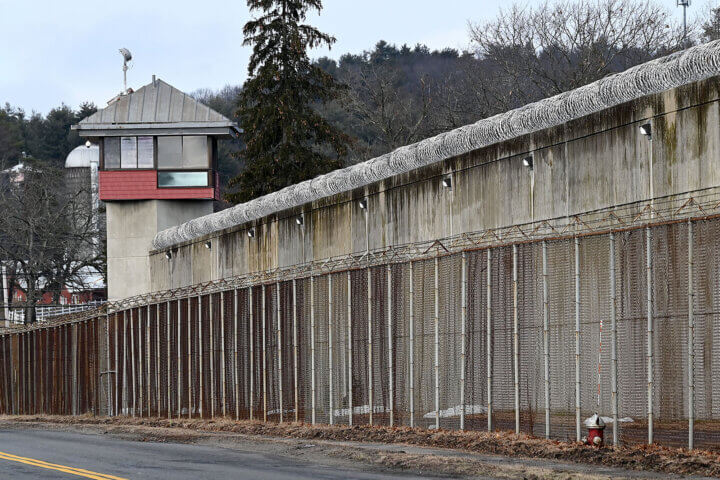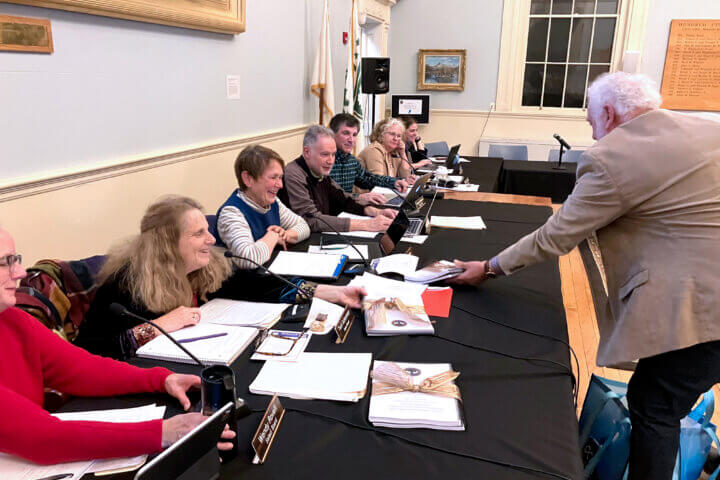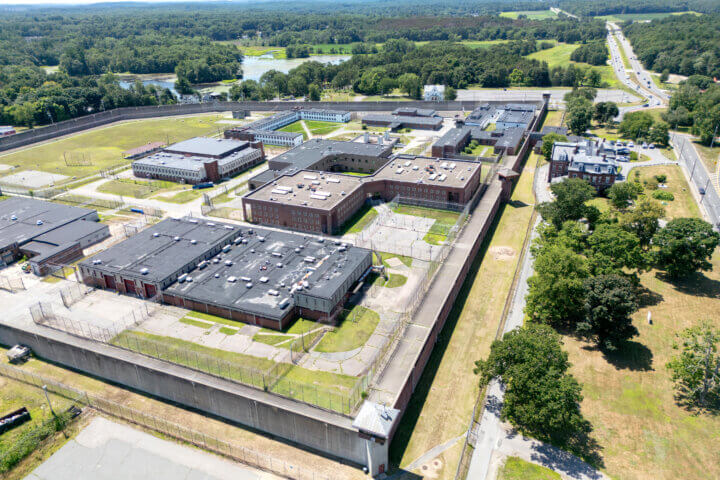By Erin Tiernan — Erin@concordbridge.org
With the stroke of a pen, Gov. Maura Healey made the closure of MCI-Concord official Monday when she signed into law a $57.8 billion state budget for the current fiscal year.
Concord has its wallet open to receive $6.1 million in direct funding for local schools, economic development projects, and unrestricted aid.
The larger budget invests in education, legalizes online lottery games, and directs the highest funding levels in more than two decades to the Massachusetts Bay Transit Authority with the creation of a first-of-its-kind Low-Income Fares Program.
But the education- and economy-focused spending plan came with a warning about uncertain fiscal times in the year ahead and policy decisions intended to soften some of that blow.
Among them: the administration’s authorization to shutter Concord’s medium-security men’s prison after 146 years in operation.
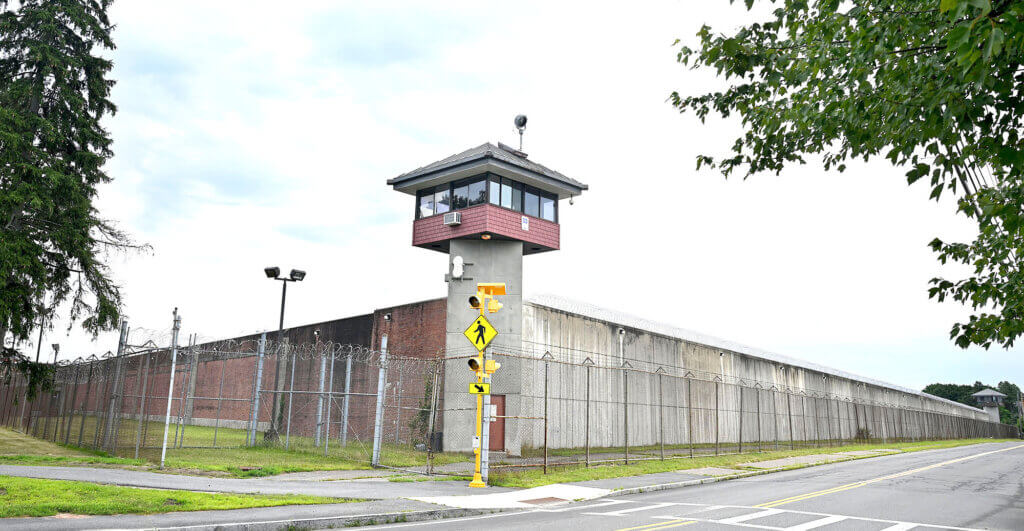
The future of MCI-Concord
With the cellblocks now empty of inmates, the path to redeveloping the prison property is cleared. Healey intends to leverage the 62 acres that sit beside the Route 2 rotary for much-needed housing.
Decommissioning the prison and transferring the site to the state Division of Capital Asset Maintenance and Management will save the state $16 million in operating costs, plus tens of millions more that would have been spent to rehabilitate the aging complex.
DCAMM will transition the property and prepare it for sale to a third-party developer. Healey has articulated a desire for residential housing there. The town will have some enforcement over what eventually replaces the prison in how leaders decide to rezone the land.
The budget signing officially kickstarts a planning process that will dictate the prison redevelopment. It lays out a basic timeline and framework for deciding the property’s future and sends $725,000 directly into town coffers to cover related costs.
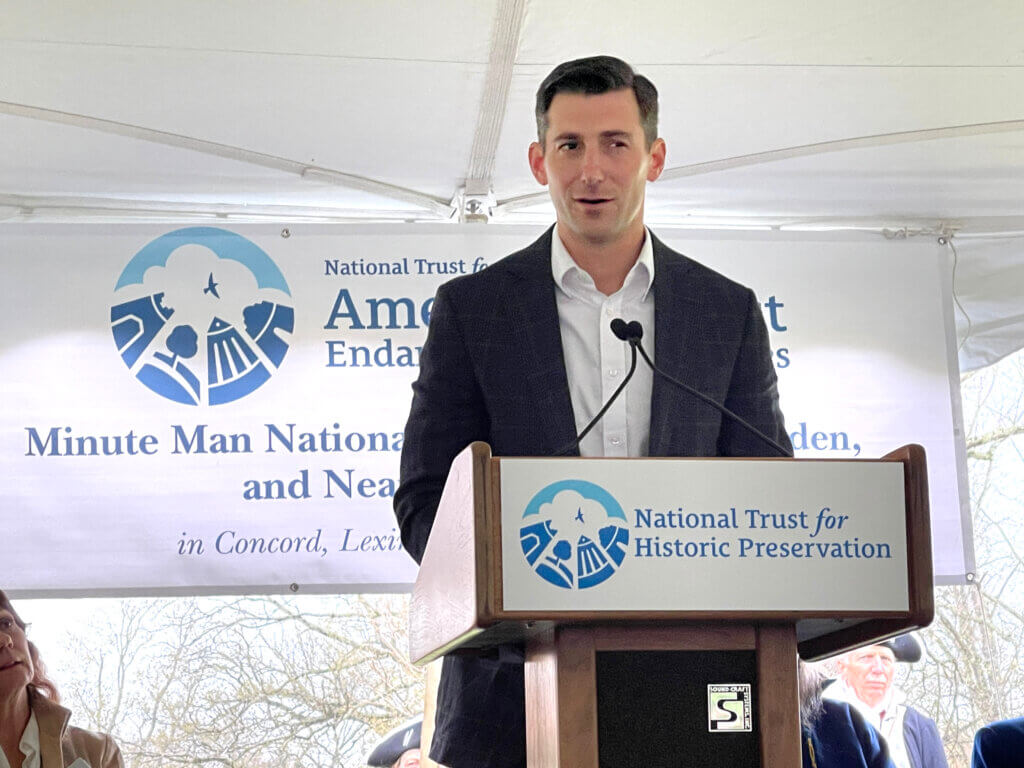
Photo by Laurie O’Neill
State Rep. Simon Cataldo (D-Concord) tooted lawmakers’ horns — including his own — for helping secure the “largest earmark” for Concord in the state budget. His amendment ultimately succeeded in giving Concord officials more say in what gets built next on the MCI-Concord land, in addition to the cash infusion for the first year of redevelopment planning.
“These funds are a necessary component of the state-local collaborative framework that is set out by the legislation I authored for the parcel’s redevelopment,” Cataldo told The Concord Bridge in a message.
READ MORE TCB COVERAGE OF MCI-CONCORD HERE
What’s in it for Concord?
Concord will also see $4.2 million coming for Concord Public Schools — a five percent increase this year in Chapter 70 funding — the state aid program for public elementary and secondary schools. Another $3.4 million is going to the Concord-Carlisle regional district, a four percent increase over last year.
Towns across the 14th Middlesex District saw a 4.62 percent increase in unrestricted general government aid in the budget this year, with $1.4 million in state funding headed to Concord.
More money could come to Concord from a supplemental budget still sitting in conference committee.
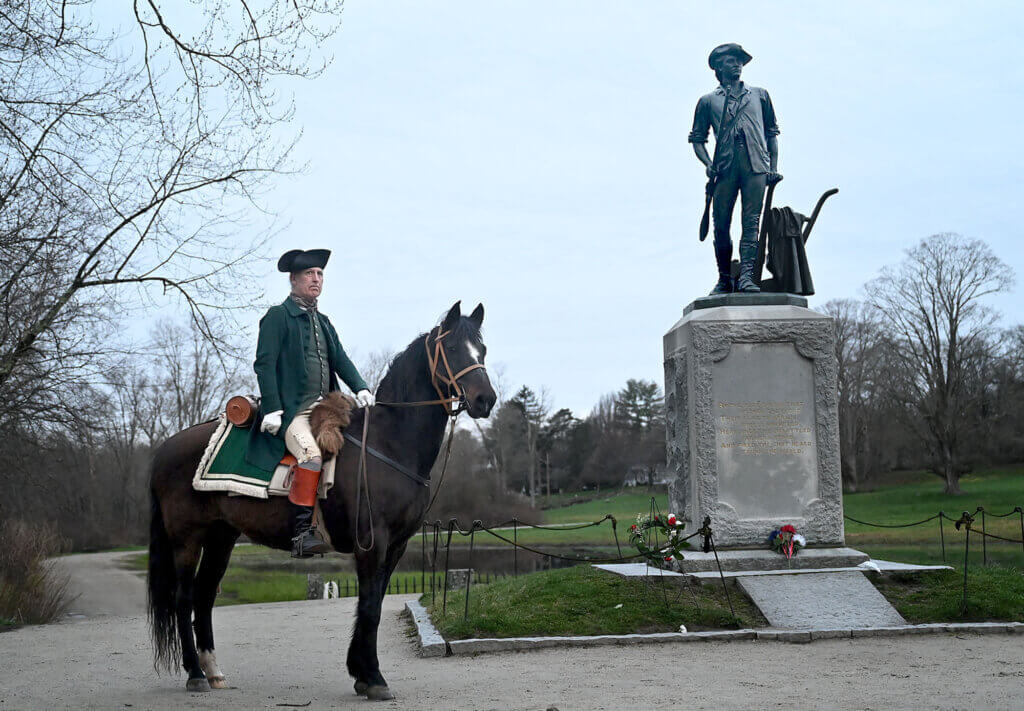
Massachusetts House and Senate members are racing to hash out legislative priority differences before the session gavels out on Wednesday. The bill includes $325,000 for the towns of Concord, Arlington, Lexington, and Lincoln for costs associated with the celebration of the 250th anniversary of the start of the Revolutionary War.
Lawmakers are in for a marathon session to clear their desks. Any bills still pending when the session officially ends die on the vine.
“Tense budget negotiations with the House so far haven’t yielded fruit,” said state Sen. Michael Barrett (D-Lexington), who represents Concord and is leading the Senate side of negotiations on a new climate bill.
“We’re working night and day — literally — in an attempt to salvage a year’s worth of work.”


